Education
Despite receiving only a middle school education, Sankrityayan’s life unfolded as a journey marked by intellectual pursuits and prolific writing.
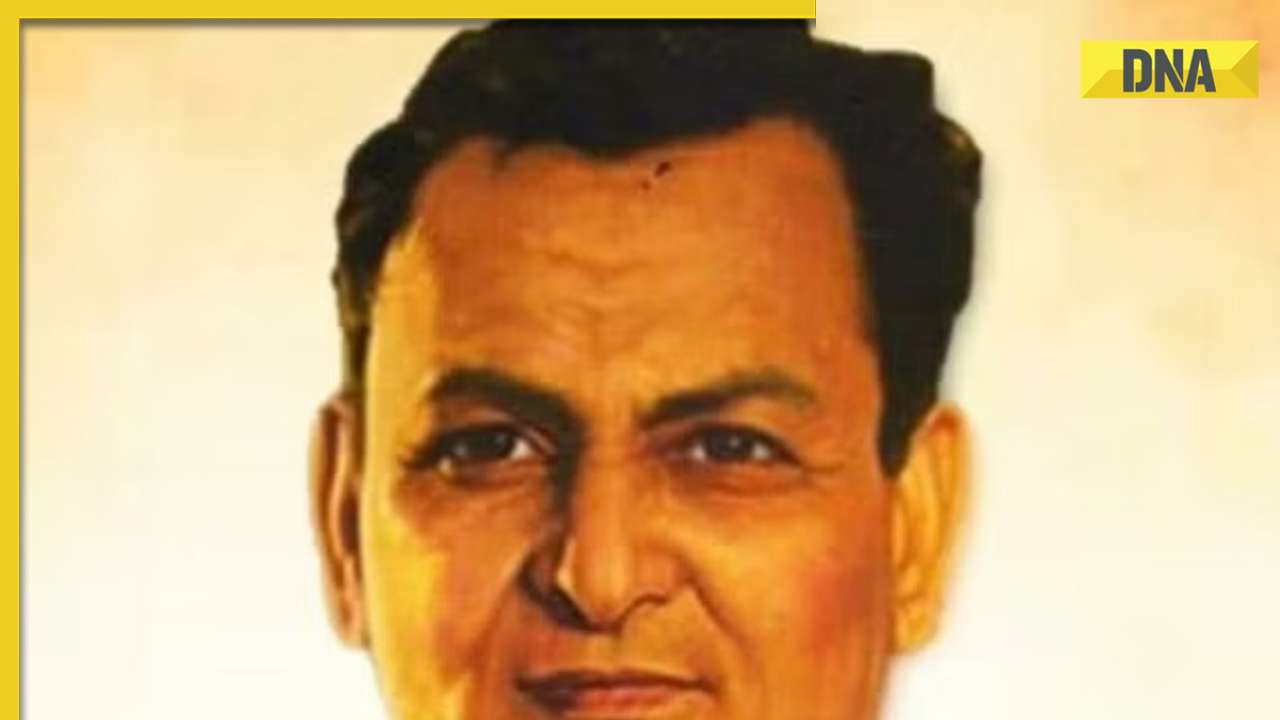)
TRENDING NOW

Earthquake tremors jolt Delhi-NCR, hilarious memes flood social media
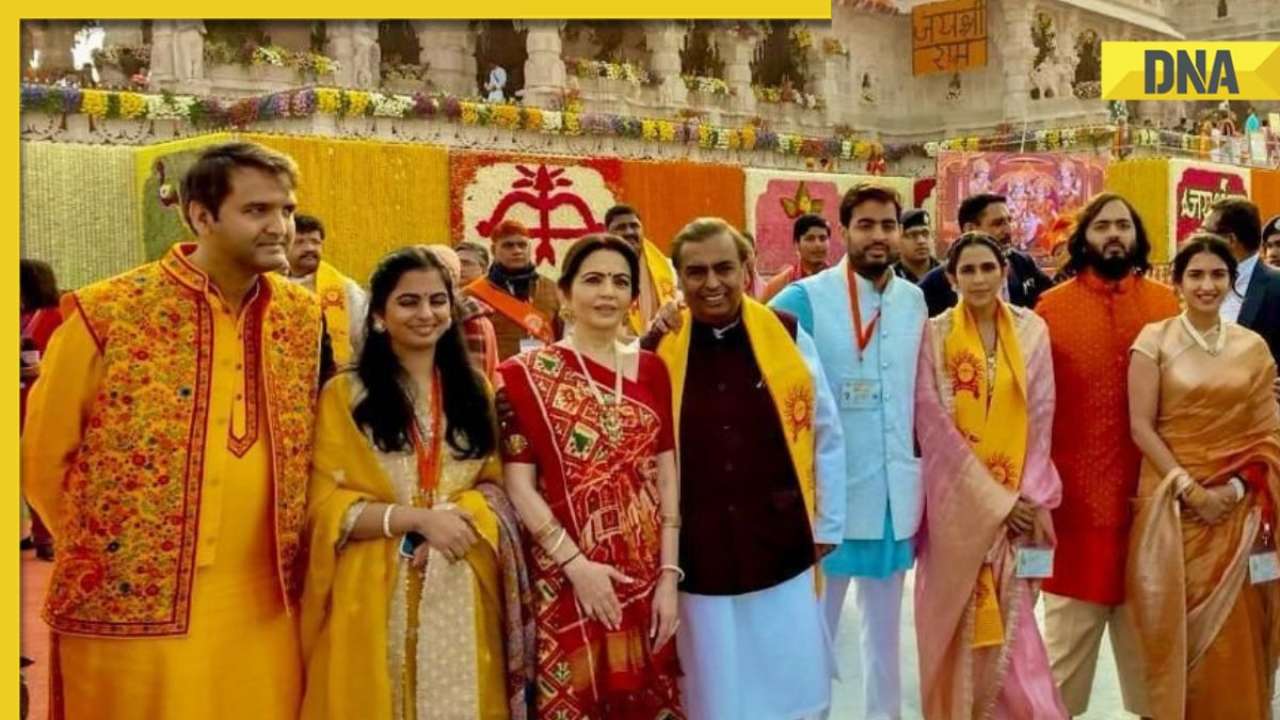
Mukesh Ambani, Nita Ambani, Isha, Akash, Anant attend ‘Pran Pratishtha’ ceremony, donate Rs…

Earthquake of magnitude 7.2 strikes Xinjiang in China, people rush out of homes
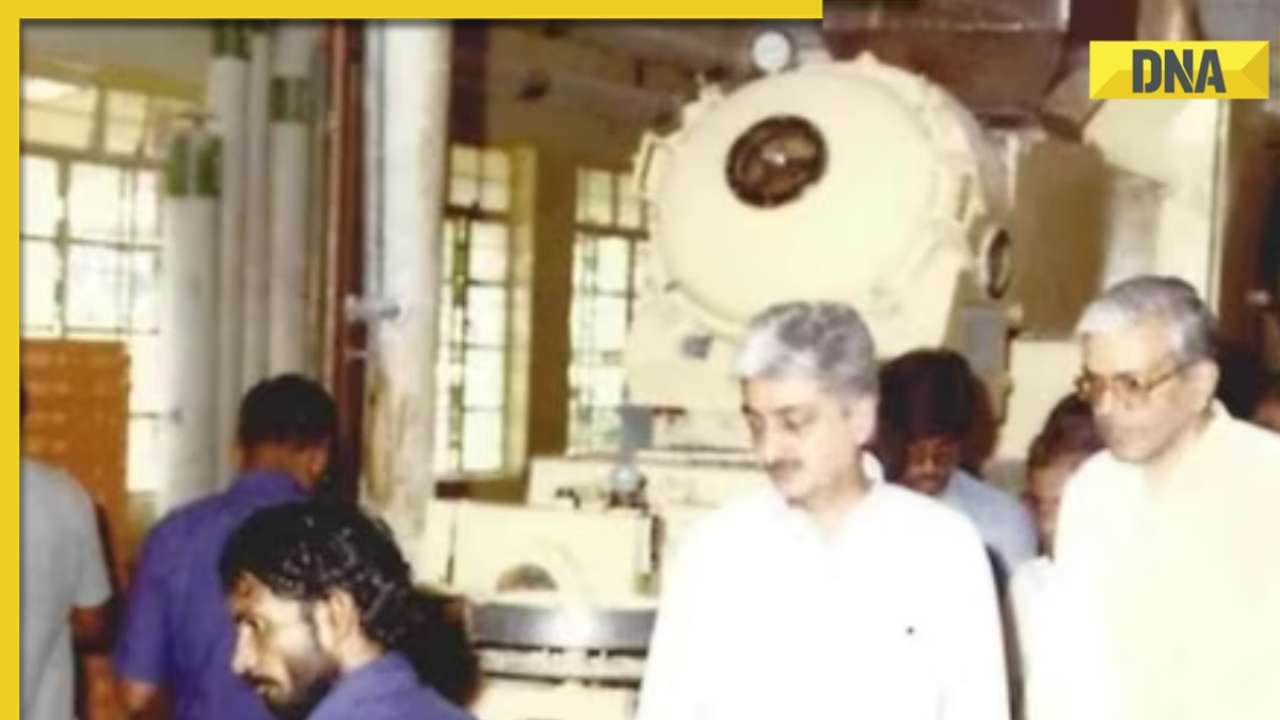
Meet India’s second most charitable billionaire, who led Rs 249000 crore company, he’s not Mukesh Ambani, Ratan Tata

India’s highest-paid makeup artist is Ambanis, Deepika, Aishwarya, Alia’s favourite; his salary per day is more than…
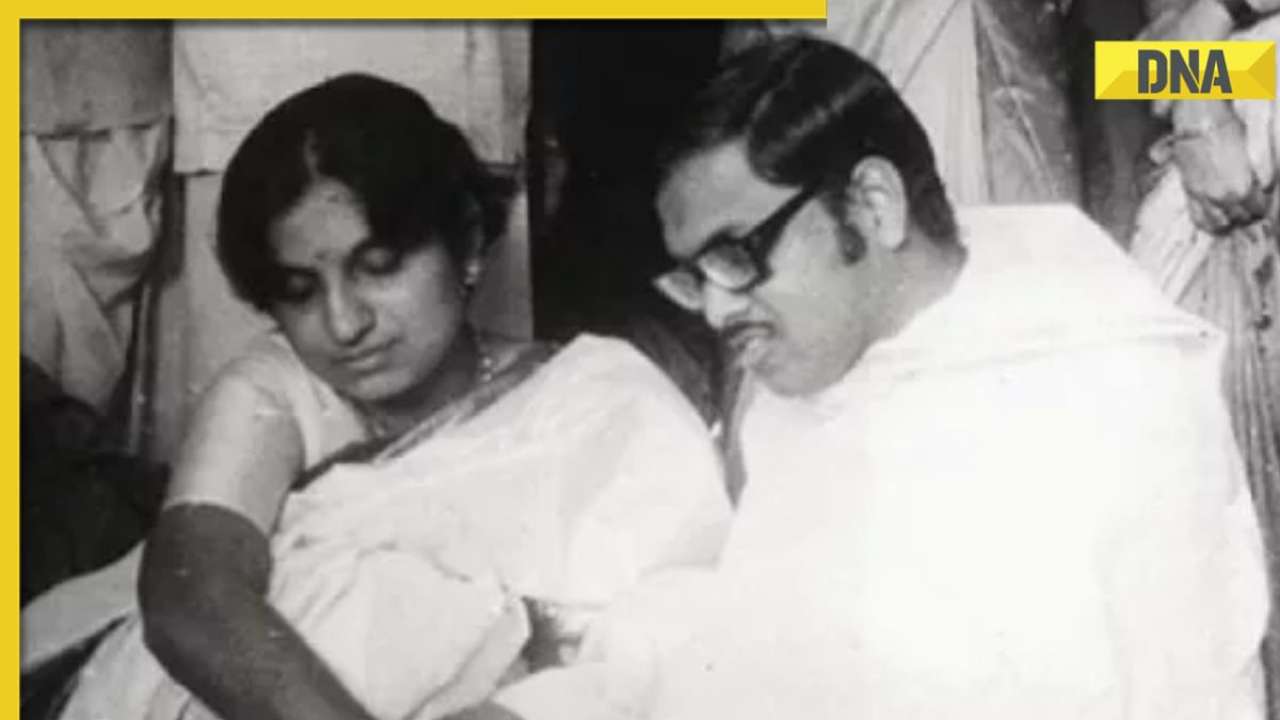
Meet man who rejected job offers from Ratan Tata, Air India to build Rs 586000 crore company, he is married to…
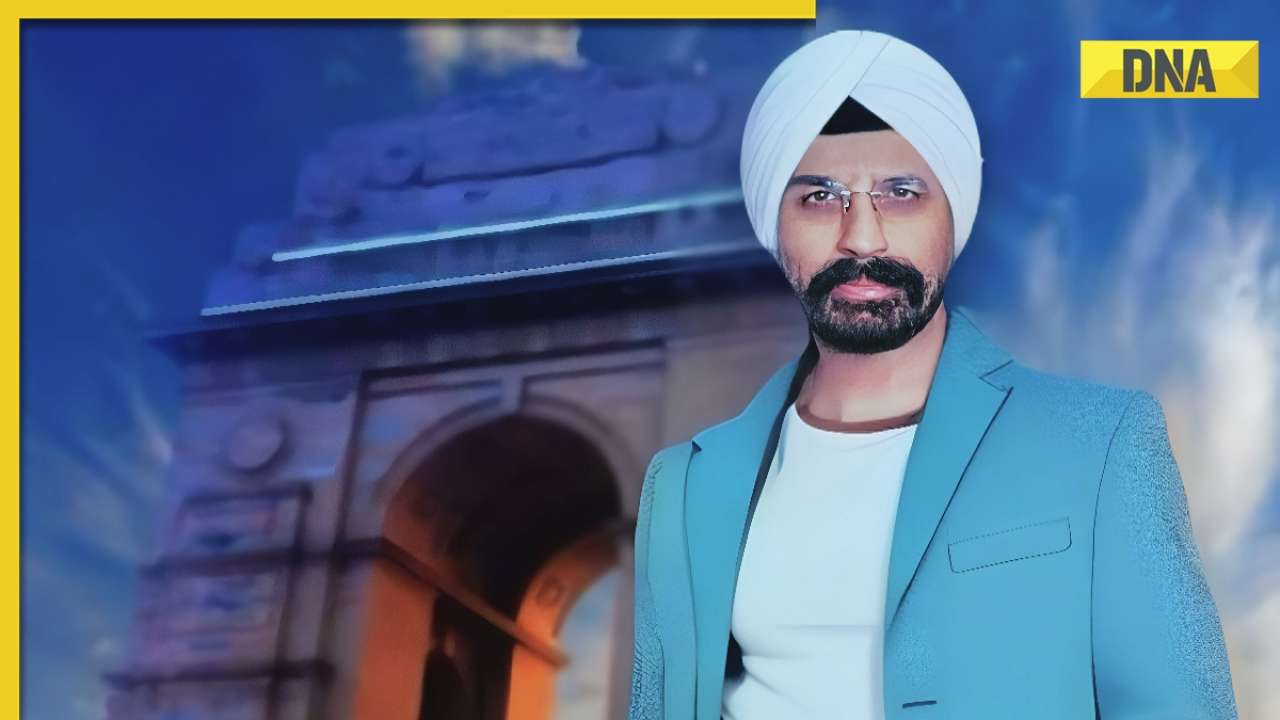
Vineet Singh Hukmani shares inspiration behind his new patriotic song Born in Bharat, Born for India | Exclusive
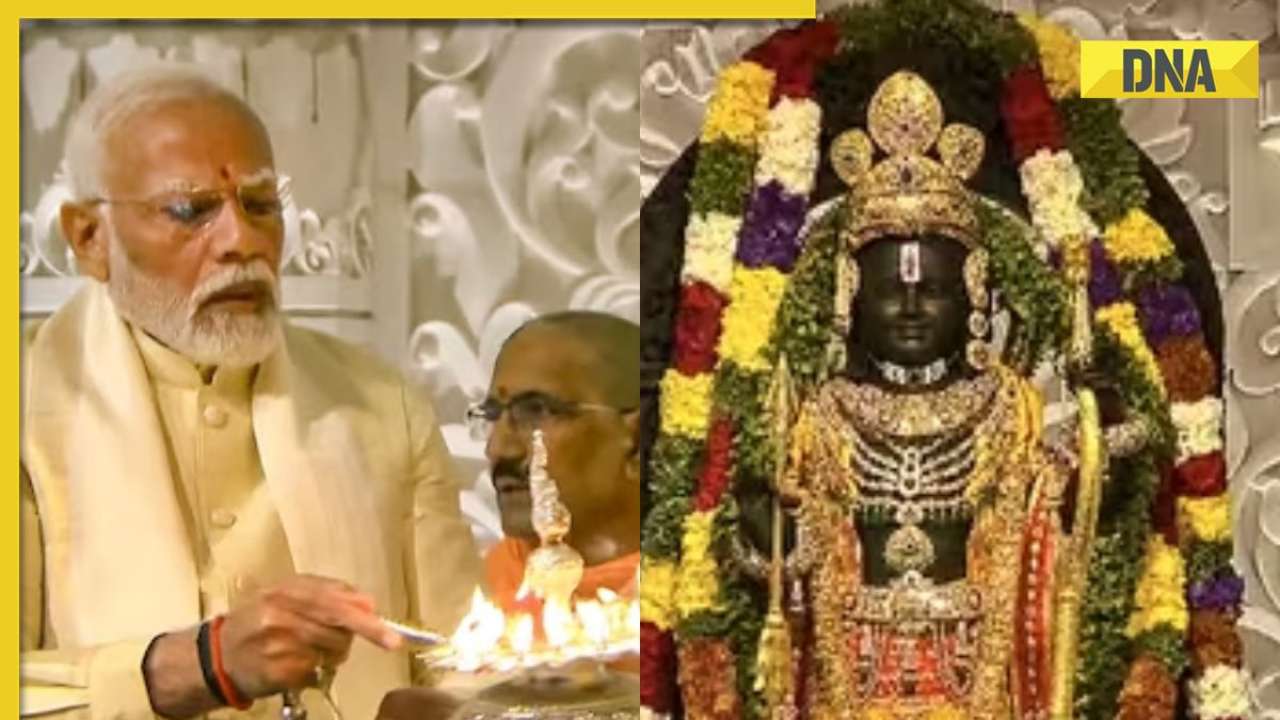
From UK to US: Here’s how world media reacted to Ram Mandir Pran Pratishtha ceremony
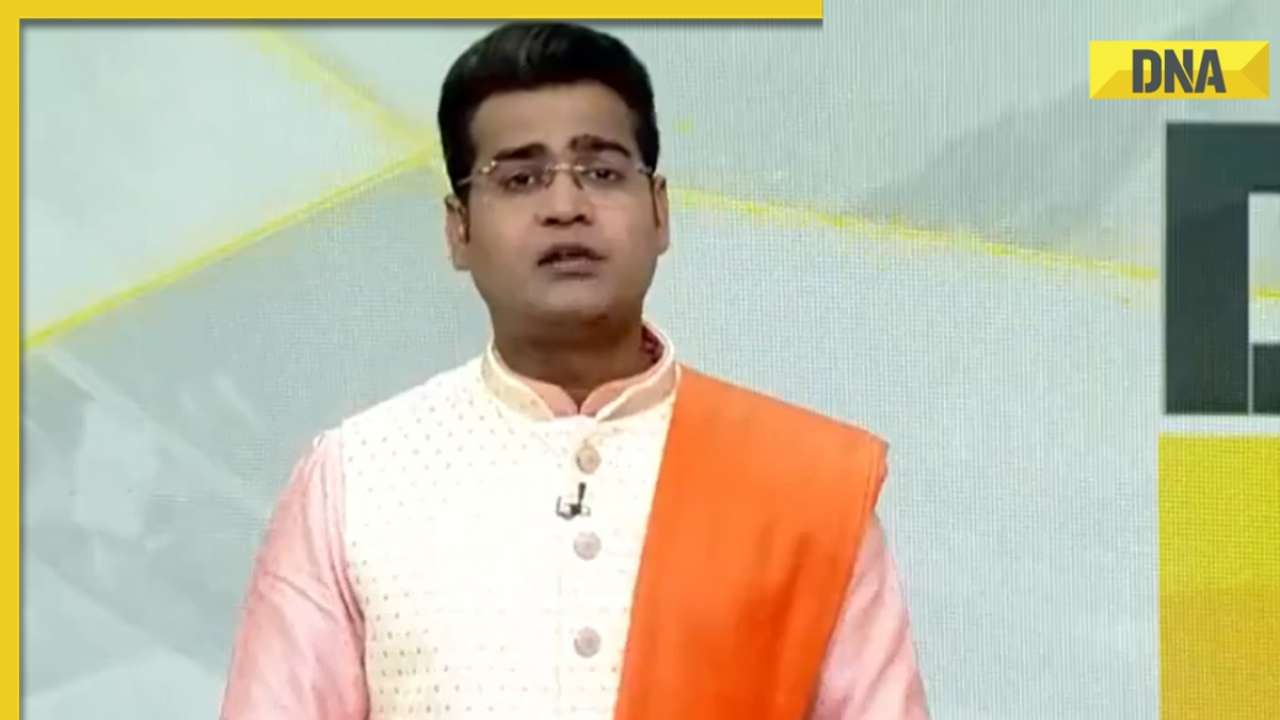
DNA TV Show: How India celebrated Ram Temple consecration

Meet man, Akash Ambani’s friend who works in Mukesh Ambani’s Rs 1836000 crore company as…

Who will replace Virat Kohli for first two Test matches against England? Reports suggest…

Meet biggest donor for Ayodhya Ram Mandir from films, donated Rs 30 lakh, not Akshay, Ranbir, Ram Charan, Rajinikanth
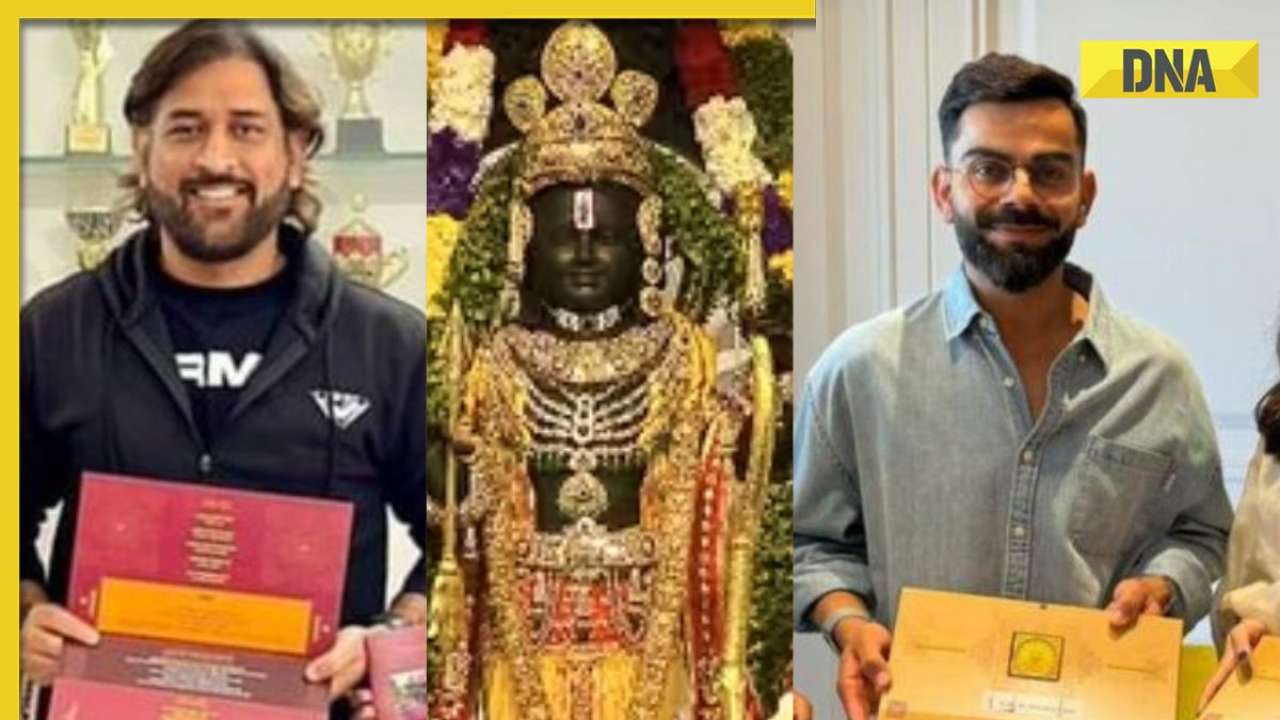
Virat Kohli, MS Dhoni face netizens’ anger after skipping Ram Mandir Pran Pratishtha ceremony
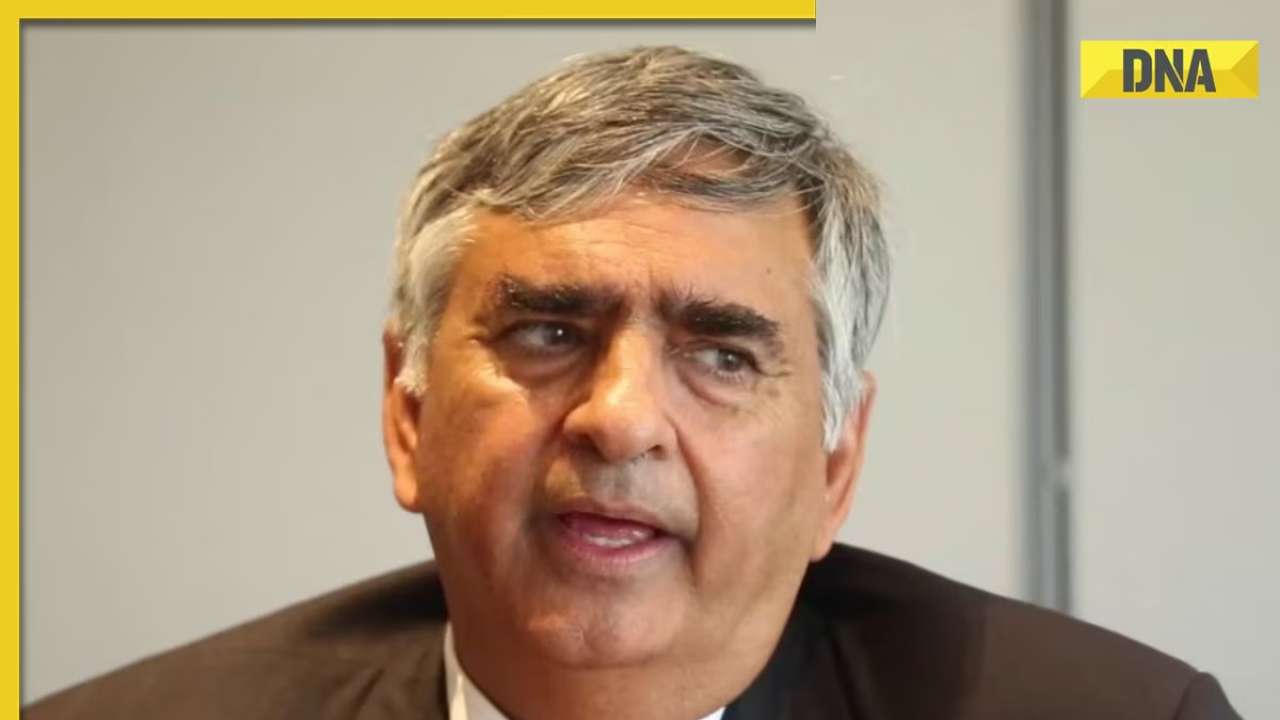
Meet richest Indian in Canada, no match for Mukesh Ambani, Gautam Adani, his net worth is…
Rahul Sankrityayan was born on April 9, 1893, in Uttar Pradesh’s Azamgarh as Kedarnath Pandey. He is not as well-known as he should be, but he was a significant figure in history, philosophy, literature, and political activism. People called him ‘Mahapandit’ because he was exceptional in almost 30 languages, such as English, French, German, Tibetan, Sanskrit, Pali, Urdu, Persian, Arabic, Tamil, and Russian. However, his impact on Hindi literature is unforgettable.
Despite receiving only a middle school education, Sankrityayan’s life unfolded as a journey marked by intellectual pursuits and prolific writing. His contribution to literature includes approximately 140 books, covering diverse genres by the time of his death in 1963. Notably, his monumental two-volume work, “Madhya Asia Ka Itihas” (History of Central Asia), brought him the Sahitya Akademi Award in 1958. His decision to delve into Central Asian history was fuelled by the absence of Hindi literature on the subject, showcasing his commitment to filling knowledge gaps.
Sankrityayan’s early life saw him as Ram Udar Das Sadhu, a wandering ascetic delving into Hindu scriptures. His travels took him across the country, fostering an understanding of national politics through newspapers like The Hindu. Later, he embraced Buddhism, becoming a Buddhist monk in Sri Lanka and making significant contributions to the preservation and reconstruction of lost Buddhist manuscripts.
His extensive exploration of Kashmir, Ladakh, Nepal, and Tibet resulted in the discovery of numerous lost palm leaf manuscripts. His dedication to academia prompted him to write erudite commentaries and edit these manuscripts, ensuring their preservation. Additionally, he is recognized as the pioneer of Hindi travelogues, laying the foundation for the genre.
Sankrityayan’s commitment extended beyond literature into political activism. He spent three years in jail for anti-British activities and joined the Communist Party during a period of its prohibition. He was invited to teach at Leningrad University and Vidyalankar University in Sri Lanka.
Rahul accepted the teaching job at the Sri Lankan university, where he fell seriously ill with diabetes, high blood pressure and a mild stroke following which he also started losing his memory. He died in Darjeeling in 1963.
The legacy of Rahul Sankrityayan endures through his influential writings, notably “Volga Se Ganga,” a collection offering a panoramic view of human societal evolution from 6000 B.C. to 1942. His contributions earned him the Padma Bhushan, and in 1993, the Indian government issued a postage stamp commemorating his birth centenary. Despite these honors, the Indian academic landscape has yet to create a chair in his name or acknowledge his monumental impact comprehensively.
Find your daily dose of news & explainers in your WhatsApp. Stay updated, Stay informed- Follow DNA on WhatsApp.
>>> Read full article>>>
Copyright for syndicated content belongs to the linked Source : DNAIndia – https://www.dnaindia.com/education/report-meet-genius-rahul-sankrityayan-who-knew-30-languages-wrote-over-100-books-became-a-monk-lost-his-memory-3075337










